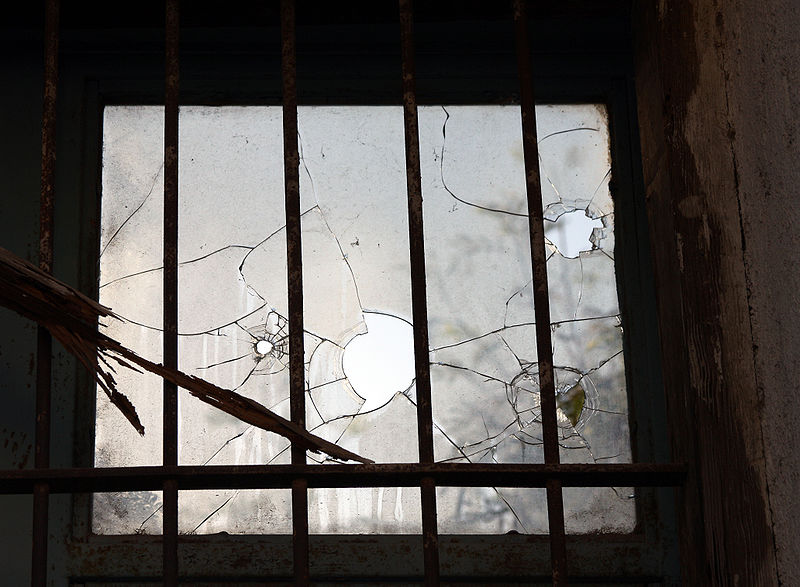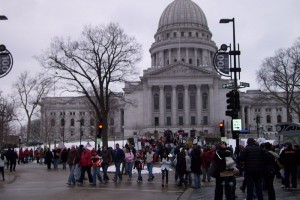James Q. Wilson and Broken Windows Policing
 Media coverage of the death of conservative political scientist James Q. Wilson on March 2 correctly identified him as the originator of “broken windows policing” and blithely assumed such policing had been successful. Ross Douthat’s column in the New York Times of March 4, for example, said that Wilsonian policing had resulted in “the low crime rates that have made urban areas from Portlandia to Brooklyn safe for left-wing hipsters and Obama-voting professionals alike.”
Media coverage of the death of conservative political scientist James Q. Wilson on March 2 correctly identified him as the originator of “broken windows policing” and blithely assumed such policing had been successful. Ross Douthat’s column in the New York Times of March 4, for example, said that Wilsonian policing had resulted in “the low crime rates that have made urban areas from Portlandia to Brooklyn safe for left-wing hipsters and Obama-voting professionals alike.”
The basic premise of “broken windows” policing is that criminals are encouraged when neighborhoods look decayed. However, if police crack down on such things as broken windows, public urination, graffiti, panhandlers, and prostitutes, neighborhood pride is restored and residents are more likely to stand up against crime. Eventually, the theory goes, criminals will get the message and give up their nefarious ways.

